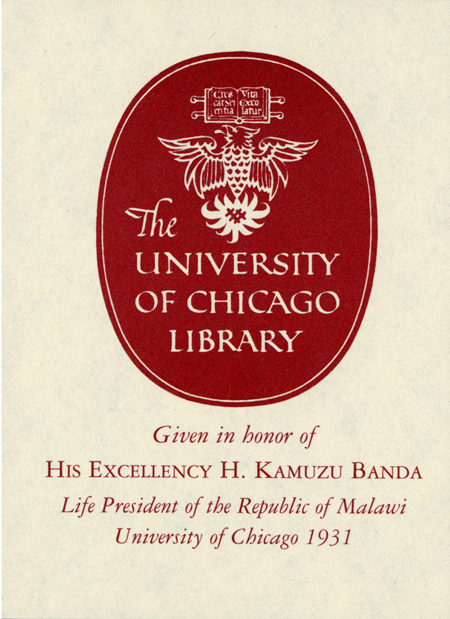Review by Choice Review
Reynolds (Univ. of Notre Dame) presents a significant contribution to the comparative study of the democratization process in southern Africa. He argues that scholars of majoritarianism and advocates of government by elite consensus can observe how "some of their long-proposed constitutional solutions to ethnic conflicts in divided societies (are) actually being tested in the societies they were designed for." Reynolds focuses on the effect of institutional structures in Malawi, Namibia, South Africa, Zambia, and Zimbabwe. This ambitious study argues that principles of institutional design in southern Africa and throughout the continent should be at the root of new constitutions regardless of geopolitical, social, and economic context. Since institutions shape behaviors over time, a central thesis is that, except for Botswana, inclusive institutional arrangements are important in the ethnically segmented societies of Africa. Reynolds optimistically asserts that there is little doubt that African societies will be as capable as the West in nurturing strong democratic political cultures. The book may overstate the case for institutional development for countries such as Uganda, where Yoweri Museveni has proposed a no-party option. Yet unclear is whether the approaches that contradict institutional analysis of democratization and criticize constitutional engineering as a distinctly unsavory exercise in largely peasant societies are entirely without merit. Upper-division undergraduates and above. M. O. Anda; University of Arkansas at Little Rock
Copyright American Library Association, used with permission.
Review by Choice Review

